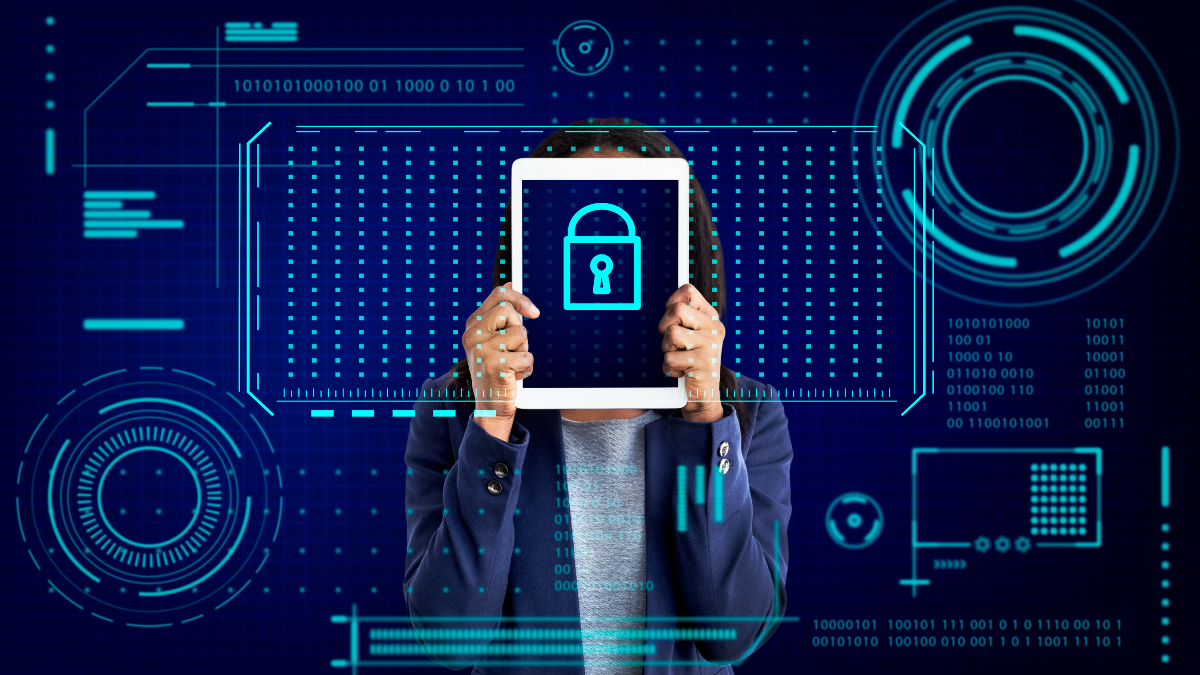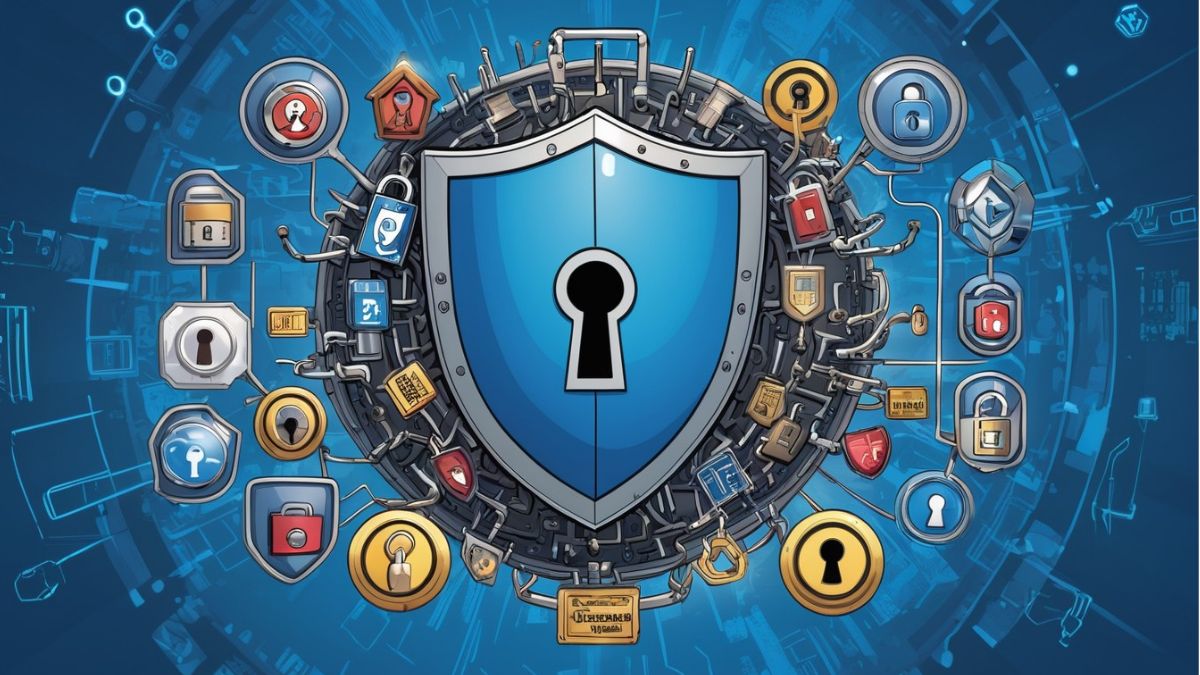
With the growing technological and digital advancements, cybersecurity threats are also increasing, since the intensity of their attacks is amplified by the new software being introduced to counter the attacks. Subsequently, it’s a cyclic process that keeps on following the same circular motion (for example, advanced malware viruses, where the new software of the antivirus and security systems, are also introduced). However, these threats cannot be overlooked by established institutions and businesses since they have the ability to wipe out whole systems of confidential data often worth millions and billions, resulting in the sharp decline of your organization.
Once your system has been breached, you can do nothing but pay a huge amount to the hackers to return your data. These cybercriminals are very sharp. They know the risks of getting into criminal activity, so they ask businesses for ransom in the form of bitcoin to not be tracked down easily. That’s why it’s always better to take steps to prevent any security breach and secure your data on different platforms. To help you with some ideas, here are some ways you can apply to protect your systems from cyber attacks.
1. Train Yourself On Cyber Attacks
You can only solve a problem beforehand if you are fully aware of the threats and risks you are dealing with, especially in an era where security breaches have become so common. That’s why it’s necessary to educate yourself, your staff, and your teammates about these types of criminal activity and about ways to prevent yourself from becoming a victim of malware attacks.
These attacks are quite effective as they come in the form of emails, ads, and attachments that do not appear to be suspicious until your system is completely in their control. As a result, your personal information, including accounts, personal identity, and valuable business data, is hacked. Here are some basics that you and your employees should know when dealing with any cyber threats.
- It’s necessary to examine links before clicking and opening them.
- Do not open any suspicious email from an unknown email id; it may have malware in it, and with only a click, your system can be breached.
- Do not grant any request or respond to any message from your staff of a financial nature until you are completely satisfied by cross-checking through another medium that the request or message is truly from them.
- Do not send sensitive information if the request is not from a secure organization.
2. Always Keep Your Software Updated
Another way to keep your system out of reach of cybercriminals is to keep your software updated. Not updating your security software for a significant time can expose your important information to higher-level malware and malicious viruses. That’s why the IT professionals in businesses and other important institutions recommend that their staff learn advanced ways to prevent ransomware 2021 and to keep installing software updates that are crucial for the businesses to protect their highly valuable financial, social, and networking information. For instance, a case was reported where the antivirus software had offered advanced updates to a company, and it refused to pay for the extra updates. Later, they were attacked with a highly advanced cyber breach.
3. Take Preventive Measures
Whether you are running a business or institution or simply a student or employee, preventive measures from cybercrime should always be a priority. The basic way to protect your system from malicious viruses is to equip yourself with suitable antivirus software having scanners and firewalls. They are the biggest shield you have to protect your system from cyber attacks. In the meantime, to increase security, you can also apply the following preventive measures:
- Install a firewall to block all the cyberattacks on your network
- Implement endpoint protection to protect your mobiles, computer systems, and other electronic devices.
- Back up all your personal and business data to reduce the risk of higher downtime and data loss.
- Keep strong passwords to protect your accounts, security systems, and business work.
- Reduce risks of scams by getting proper knowledge about cyber threats.
- Monitor your system every week to ensure there is no suspicious activity.
- Do not allow everyone to access your data, and take steps to control said access.
- Use password-protected Wi-Fi and do not connect to public Wi-Fi to ensure your device remains protected.
Being informed about the security risks that can harm your personal or work-related data can help you take control of your system easily. Since nowadays, you can trust no one with your financial and business information, it’s better to learn all the pros and cons regarding the security of your data. Once you understand how the system works, you can easily take preventive measures like antivirus, firewalls, virus scanners, secure Wi-Fi networks, and other safety precautions.




